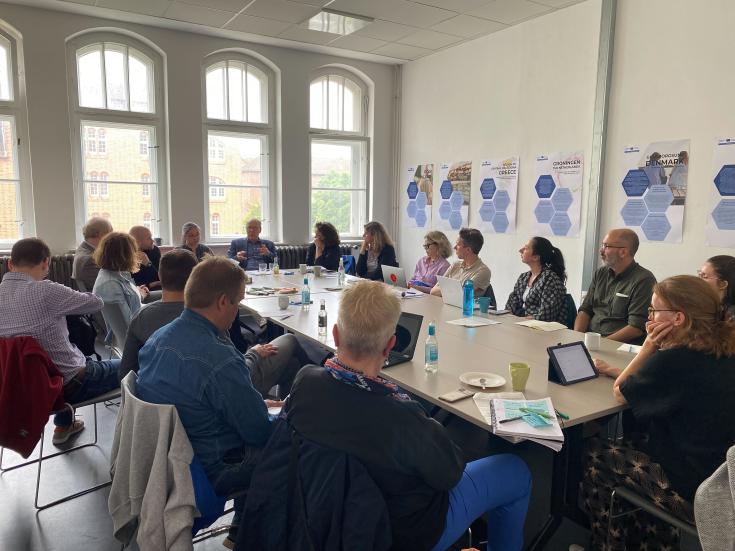Kick-off in Kiel: Empowering Citizens to Drive Change
The UrbCitizenPower project officially began with a partner meeting held in Kiel, Germany, in June 2024. This kick-off event set the stage for future collaboration and allowed partners to align on key concepts, approaches, and objectives for citizen empowerment.
A central focus of the discussions in Kiel was the role of citizens as active drivers of change. Partners emphasized the importance of involving citizens from the very beginning of policy-making, ensuring their participation is not just symbolic but meaningful. For true empowerment to happen, citizens need to feel ownership over the decisions that affect their lives.
The meeting highlighted the challenge of fostering long-term, inclusive participation and ensuring diverse community voices are heard. While tools and strategies exist for empowering citizens, their effective implementation will be crucial in creating real and lasting impact.
Defining "Agency"
One of the key topics explored was the notion of "agency" – the ability of individuals and groups to take action and influence outcomes. Partners debated how best to define this concept in the context of urban governance. While "capacity" and "ability to act" were discussed as synonyms, the final consensus was that agency involves not just individual actions, but collective efforts toward shared goals.
The group agreed that agency without a clear, shared purpose is not meaningful. Citizens must see tangible results from their participation to feel empowered and motivated to continue engaging in the future.
Empowerment in Action
Another crucial topic of discussion was how to turn the idea of "empowerment" into concrete action. Empowerment is not just about giving citizens a voice; it’s about ensuring that their voices lead to real, visible changes. This means creating spaces where people can participate meaningfully and feel a sense of ownership over the process.
One proposed solution was to allocate small budgets or resources to allow citizens to implement local projects in their communities. This would give them the means to take real action and make a direct impact on their surroundings. However, the group also recognized that public officials must be willing to embrace new methods of shared decision-making to make empowerment effective.
